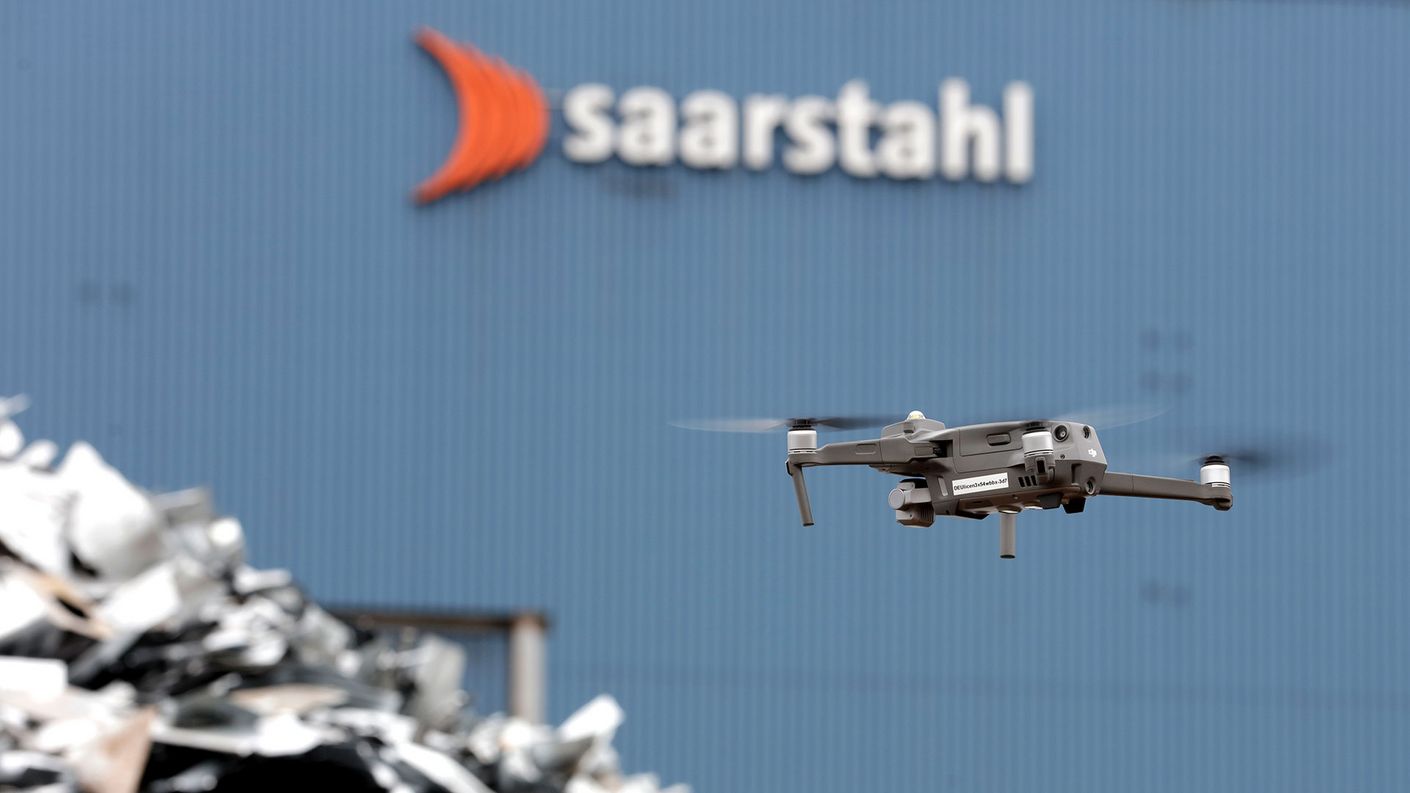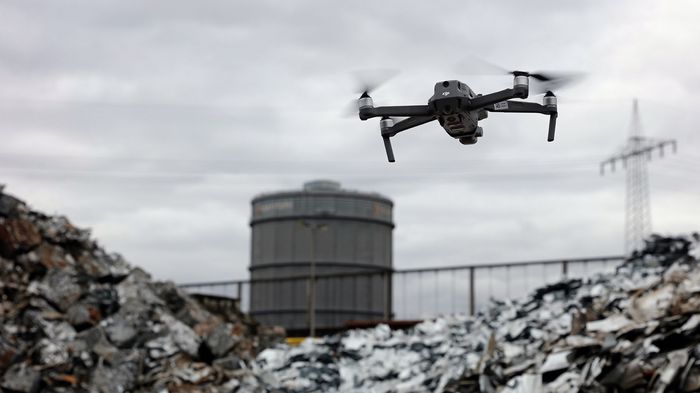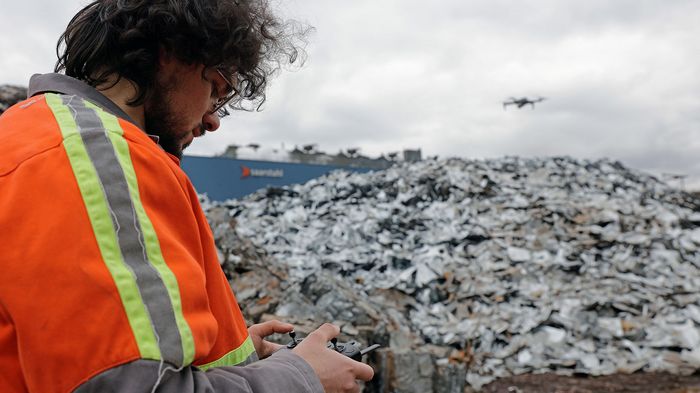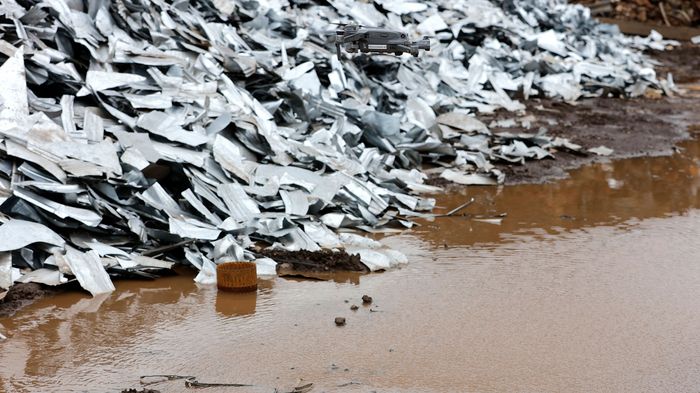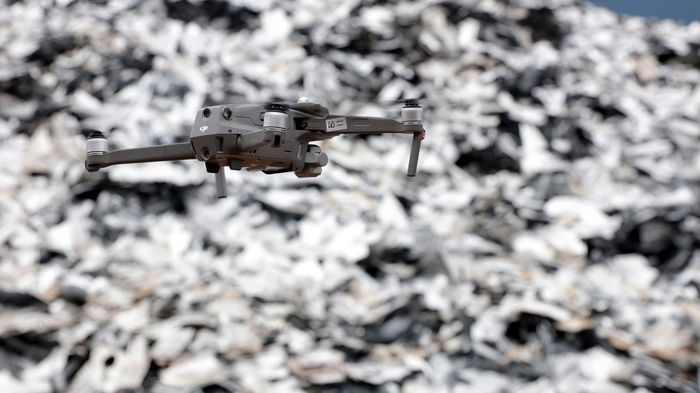
What must AI, i.e., software and the required hardware, look like in order to meet the demand for energy efficiency? The ESCADE project aims to answer this question.
Computing power is required to develop and operate AI. "In training, a GPT-3 model can consume 1.2 million kWh, which is as much electricity as 342 households per year," emphasizes researcher Dusan Dokic, project manager at ESCADE. According to Bitkom, data centers in Germany have more than doubled their power consumption in the last ten years.
The researchers at DFKI's Smart Service Engineering research department are working with their partners to develop a concept for sustainable data centers. They are also defining which metrics (KPIs) can be used to measure energy-efficient AI applications and which operational questions regarding sustainability need to be answered during development. At the end of the project, they want to provide recommendations for action for energy-efficient AI based on tests. The potential of neuromorphic chips is of particular interest. Research is being carried out into whether these are more energy-efficient than conventional hardware (GPUs).
Two specific AI use cases will be examined in ESCADE. An initial interim result from a use case with Saarstahl will be presented at the Saarland joint stand (Hall 2, Stand B10). As steel is 100% recyclable, new steel can be obtained from old steel. However, there are different grades for its quality. If high-quality steel is to be produced, only certain parts of scrap steel can be melted down. Visual computing is to be used to classify steel scrap in real time - on the edge. In the first step, an AI model is pre-trained on a steel data set in the data center before an NVIDIA Jetson Board (a small, powerful computer) and a drone flying over a scrap pile are used for sorting on site. In the future, the calculations will also be carried out on neuromorphic chips.
With the insights, users can make better decisions for a more efficient steel recycling process and energy profiles are created to measure the energy consumption of the AI application. In the project, these will be compared with the ecological benefits of the AI application and the energy required to use neuromorphic chips.
ESCADE is funded by the Federal Ministry of Economics and Climate Protection (BMWK) in the amount of approx. 5 million euros over a period of three years (01.05.23 - 30.04.26). The partners are: NT Neue Technologie AG, Stahl-Holding-Saar GmbH & Co KGaA, SEITEC GmbH, Dresden University of Technology, Ruhr University Bochum and the Austrian partner Salzburg Research Forschungsgesellschaft m.b.H.
Back to: DFKI at Hannover Messe 2024
Press Contact
For interviews and discussions with our AI experts
Jennifer Oberhofer
Phone: +49 541 386050 7088
Jennifer.Oberhofer@dfki.de
Heike Leonhard
Phone: +49 681 85775 5390
Heike.Leonhard@dfki.de
